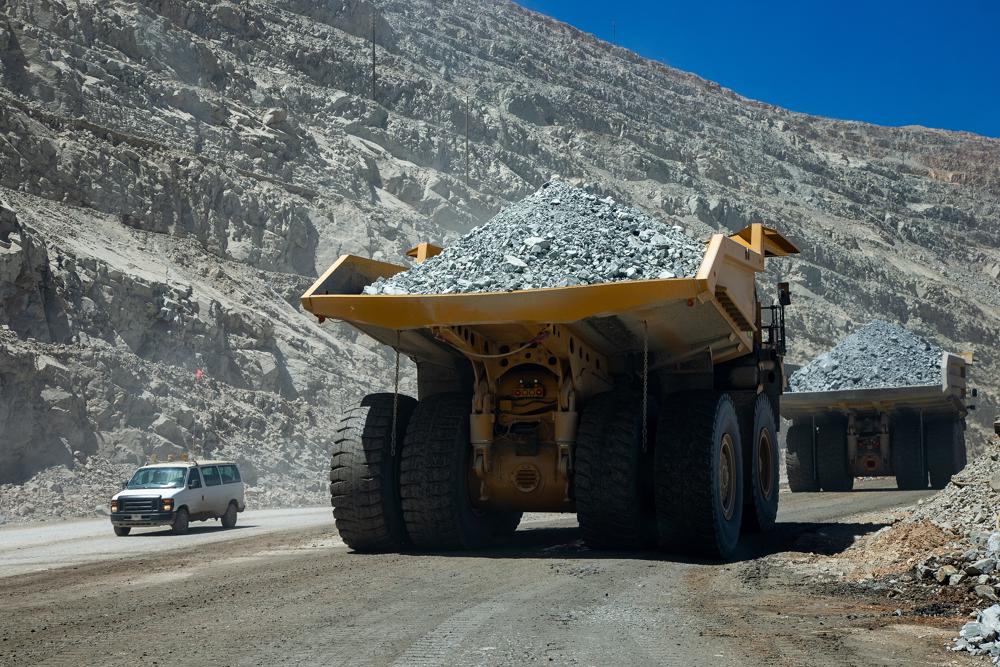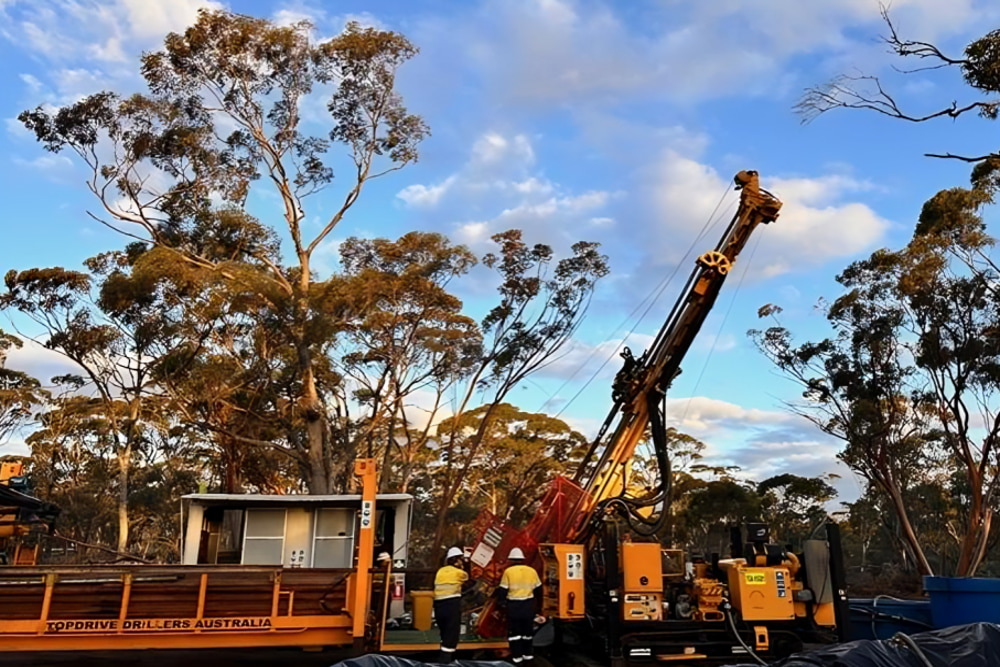
The Western Australian government has welcomed the federal government’s announcement of nearly $20 billion in funding to support critical minerals processing and resource exploration in the 2024-25 Budget.
WA Premier Roger Cook praised the federal government for its vision and commitment to assisting Western Australia in becoming a world leader in the downstream processing of critical minerals and renewable hydrogen production, which are essential for the global transition to a low-carbon economy.
Key highlights of the Federal Budget include a 10 per cent production tax credit totalling $17.6 billion over 14 years for critical minerals producers, which will support both existing and future downstream processing activities.
The federal government has also allocated $10.2 million for pre-feasibility studies to develop common-user processing facilities for critical minerals, aiding small and medium-sized enterprises in becoming producers.
Additionally, a $566.1 million commitment over 10 years will provide the resources sector with data, maps, and other tools to identify new mineral deposits and energy sources, contributing to the full mapping of Australia over the next generation.
Western Australian producers are set to benefit from a $5.8 million trade enhancement initiative designed to accelerate efforts to secure a premium for Australia’s critical minerals produced to high environmental, social, and governance (ESG) standards.
The Federal Budget also includes a new $6.7 billion Hydrogen Production Tax Incentive of $2 per kilogram to promote the production of renewable hydrogen over the next decade.
An additional $2 billion investment in the Hydrogen Headstart program will provide long-term certainty for the emerging industry, which is crucial for green iron and steel opportunities.
WA Premier Cook said: “I congratulate the federal government for its foresight and vision to assist Western Australia in becoming a world leader in the downstream processing of critical minerals and production of renewable hydrogen that will be essential in transitioning the globe to a low-carbon economy.
“These commitments represent a big vote of confidence in the future of Western Australia’s powerhouse resources sector, and acknowledge its ongoing importance to the national economy.”
Cook also highlighted the importance of including all 31 critical minerals in the production tax credit, a move welcomed by the industry, particularly for WA nickel and lithium miners facing challenging market conditions.
He emphasised that these investments complement Western Australia’s $500 million Strategic Industries Fund, unveiled in the recent State Budget, to deliver common-user and other enabling infrastructure at strategic industrial areas across the state.
WA Mines and Petroleum Minister David Michael said: “These are significant investments in the future of Western Australia and Australia’s aspirations to become a major global player in the downstream processing of critical minerals.
“A recent report commissioned by the Association of Mining and Exploration Companies found that downstream processing of critical minerals could add $2.4 billion and 4,220 jobs to Australia’s economy by 2035.”
Minister Michael acknowledged the efforts of peak industry bodies in advocating for the production tax credit and other initiatives supporting the downstream processing of critical minerals in Australia.
He expressed his commitment to working with Federal Resources Minister Madeleine King to secure additional funding for the development of a Critical Minerals Advanced Processing (CMAP) facility.
This facility will focus on upstream and midstream activities, supporting mineral processing, high-purity metal refining, and advanced materials manufacturing.
The state government has committed $100 million to the CMAP in its recent State Budget, contingent upon matched funding from the Commonwealth.
The Federal Budget’s substantial investment in critical minerals and hydrogen production aligns with Western Australia’s strategic goals, providing a supportive environment for future investment decisions in major projects.
These measures are set to bolster the state’s position as a leading producer and exporter of battery materials and critical minerals, playing a pivotal role in the global transition to net zero.












